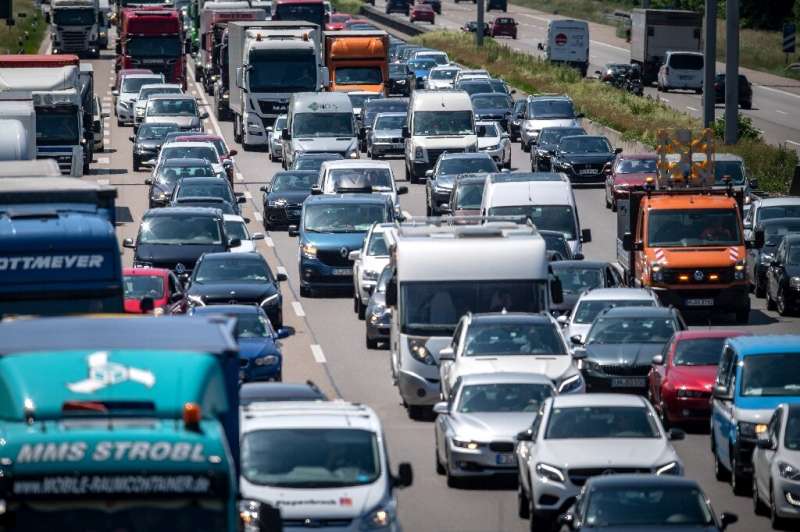Car sales surged in Germany last month
The car market in Europe's largest economy Germany grew strongly in July, official data showed Friday, but figures for the year to date show sales barely beating 2018 levels.
At almost 333,000, car sales in July were up 4.7 percent year-on-year, road transport authority KBA said in a statement.
But from January to July, the increase was far more modest, adding 1.2 percent to reach just under 2.2 million vehicles.
Alongside quarterly earnings data released in recent weeks, carmakers like Volkswagen and BMW have highlighted forecasts for the global market to shrink this year, while trumpeting their own success at defying the trend.
The latest KBA figures show that in home market Germany, high-end manufacturer BMW was able to boost sales 10.5 percent in the first seven months, to almost 164,000.
Rival Daimler's flagship Mercedes-Benz brand expanded 2.3 percent, to over 192,000, while VW subsidiary Audi shrank 4.1 percent to over 177,000.
Among mass-market brands, VW hung onto its top spot with an almost 20-percent share of cars sold between January and July at 406,000—although the figure was down 5.2 percent on last year.
Opel, taken over in 2017 by France's Peugeot, was able to boost sales 2.2 percent, to almost 139,000.
With a 33-percent market share, diesel-fuelled cars remained at low levels of popularity compared with the years before Volkswagen's massive "dieselgate" emissions cheating scandal broke in 2015.
Most remaining cars sold were petrol-powered, at 58.2 percent.
Just 21,560 of the new cars registered were hybrids, 6.5 percent of the total, although that represented a 59-percent year-on-year increase.
And almost 6,000 electric vehicles hit the road—making for a market share of 1.8 percent.
© 2019 AFP
























